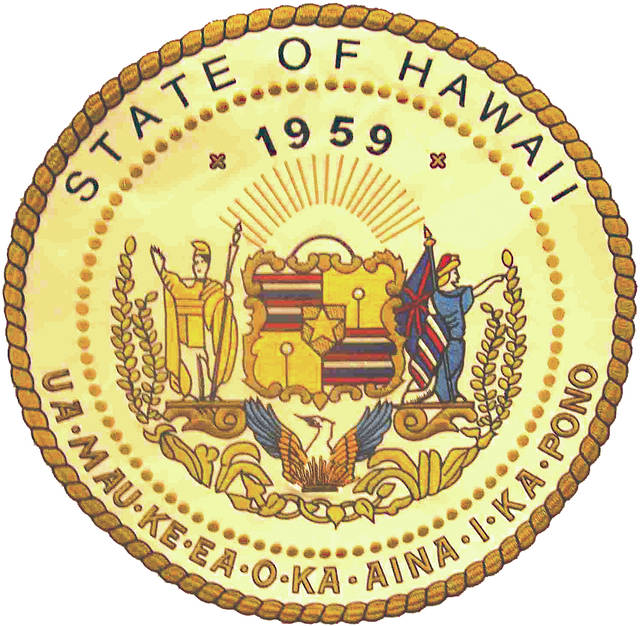Hundreds of community college students in Hawaii will be able to attend school for free in the fall under a new scholarship program appropriated funding in the two-year, $28 billion state budget lawmakers approved last week.
The Hawaii’s Promise program will provide state aid to qualifying low-income community college students to pay for tuition, fees, books, supplies and transportation costs not already covered by federal grants, state aid and private scholarships.
The program was introduced in the form of several bills this year, but none passed. Instead, funding for the program, which amounts to $1.8 million each year for two years, was included as a budget item.
That $1.8 million is less than the University of Hawaii’s original $2.5 million request, which would have accounted for an anticipated increase in aid recipients once word got out about the new program, UH spokesman Dan Meisenzahl said.
“With that said, we are excited to start the program and hope to expand to all 10 campuses one day soon,” Meisenzahl said.
To be eligible for Hawaii’s Promise, students would need to qualify for resident tuition and be enrolled in a degree or certificate program for at least six credits per semester. Students also would need to first submit the Free Application for Federal Student Aid to determine their unmet need.
Data previously provided by UH shows an estimated 116 Hawaii Community College students had some amount of unmet need in the 2015-16 school year, averaging $368 each — the gap amount that would be covered by Hawaii’s Promise. Statewide, unmet need averaged $295 per student in 2015-16.
Lawmakers also passed a bill this year which will prohibit public schools from denying a student a meal solely for being unable to pay. The new rule takes effect within the first 21 days of the first semester, when a student’s free or reduced-lunch application is being processed. It also takes effect within seven days after a student’s meal fund account balance reaches zero or is negative.
Another education bill, which would have allocated funding for Hawaii Community College’s agriculture program, died.
HCC spokesman Thatcher Moats said the campus plans to look at other funding sources such as community partnerships, grants or trying again next year.
Email Kirsten Johnson at kjohnson@hawaiitribune-herald.com.






